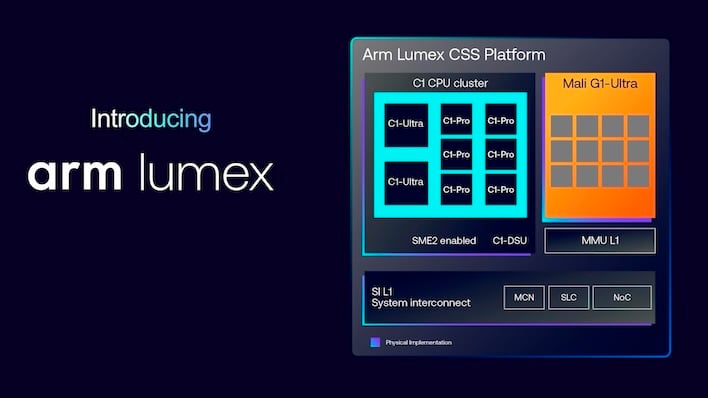Arm Unveils Lumex: Next-Gen AI Chips to Power On-Device Intelligence

Arm’s Lumex Chips Promise Major Leap for AI-Driven Mobile Devices
Arm Holdings has announced the launch of Lumex, a breakthrough generation of mobile chips specifically optimized to run advanced AI models directly on smartphones and wearables. This move positions Arm at the forefront of the trend toward highly capable, cloud-independent AI, marking a pivotal moment for pervasive intelligence in consumer electronics[1][7].
Why Lumex Matters Now
As AI grows more central in daily life—driving translation, assistant functionality, health diagnostics, and creative tools—the demand for instantaneous, private, and reliable inference is accelerating. Lumex chips address these needs by enabling the latest large language models and generative AI technologies to operate entirely on-device, eliminating reliance on cloud infrastructure. Chris Bergey, Arm’s senior vice president, noted, “AI is becoming pretty fundamental… we’re just seeing it become an expectation”[7].
Technical and Strategic Advantages
- On-Device Large Model Support: Lumex chips are architected to support state-of-the-art neural networks without offloading computation. This translates to:
- Significantly lower latency (real-time translation and responses)
- Enhanced user privacy, as data remains local
- Reduced network dependency, crucial for areas with unreliable connectivity
- Efficiency and Battery Life: Arm emphasizes that Lumex accomplishes these tasks while maintaining the power efficiency vital for mobile devices—a major competitive edge, especially as generative AI workloads are typically compute-intensive[7].
- Ecosystem Impact: Device makers and app developers can now integrate AI-powered features previously restricted to the cloud, opening new possibilities for personalized assistance, edge analytics, and creative tools.
Industry Reception and Future Implications
The launch comes amid a broader surge in demand for dedicated AI hardware. Industry analysts see Lumex as a direct response to Apple and Qualcomm’s recent pushes in on-device AI acceleration. The move is expected to accelerate market competition, with Arm’s open licensing model ensuring rapid adoption across Android devices and IoT platforms[1].
Experts predict that by 2026, over 80% of new smartphones will be equipped with on-device AI capabilities powered by next-gen chips like Lumex—a leap that could make advanced AI features as ubiquitous as cameras or fingerprint sensors. For privacy-conscious users and regions with poor connectivity, this represents a meaningful shift toward more equitable AI access.
“On-device AI isn’t just a feature—it's about changing the trust equation and unlocking creativity without boundaries,” said an AI hardware analyst in response to the launch.
How Communities View Arm's Lumex AI Chip Launch
Excitement around Arm’s Lumex unveiling has quickly spread across X/Twitter and Reddit, driving substantial debate among technologists, developers, and general users.
- Performance and Privacy Advocates (approx. 40%): Users like @chipwizard and r/Android argue Lumex is the long-awaited answer to privacy and latency concerns. They highlight the elimination of cloud dependency for real-time translation, voice assistants, and creative AI apps.
- Skeptics on Actual Capabilities (approx. 25%): Some, like @mlbench and r/hardware, voice doubts about whether current-gen mobile devices can fully realize Lumex’s promise, raising questions about real-world benchmarks and battery life.
- Developers/Rebuilders (approx. 20%): Third-party app developers and AI hobbyists, notably r/MachineLearning, are eager to experiment—many praise Arm’s documentation and discuss open model compatibility, with some referencing past pain points on Qualcomm platforms.
- Industry Observers & Strategic Analysts (approx. 15%): Notables like @PatrickMoorhead and analysts from r/technews note the competitive implications, especially for Apple and Android layouts. Several point out Arm’s broad partner ecosystem ensuring wide market reach.
Overall, sentiment trends positive, with most excitement centered on privacy improvements, real-time AI applications, and the potential for more equitable global access. High-profile industry voices largely endorse the move as a major inflection point for AI everywhere.